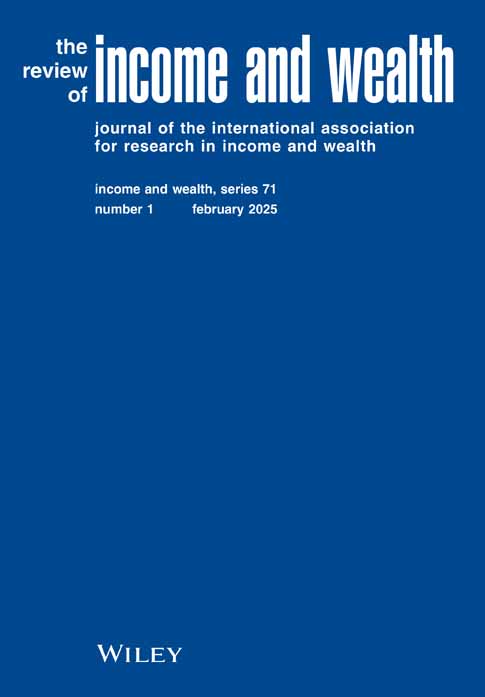Assessing Income Convergence with a Long-run Forecasting Approach: Some New Results
I am grateful to Richard Startz for helpful comments. I am also grateful to Prasada Rao for helpful suggestions. Obviously, the usual disclaimer applies.
Abstract
Relying on low frequency econometric methods, a new simple procedure to assess international income convergence is introduced. It implements the long-run forecasting definition and discards short- and medium-term information contents of the data as these may produce misleading evidence. Robustness to non-stationarities is achieved using first differences of (logged) per capita incomes. Application to a selected sample of 90 different countries provides mixed but generally more positive evidence than most previous studies. Nevertheless, it casts many doubts on the inevitability of income convergence, at least in practically relevant time frames and as a worldwide phenomenon.




